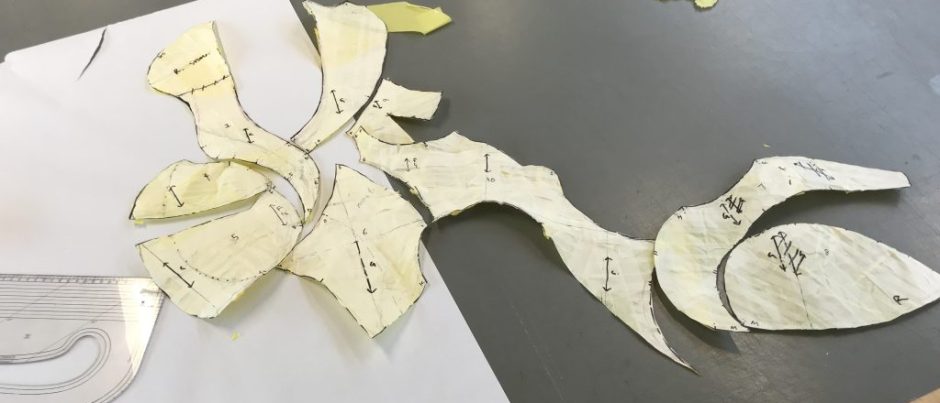After Catherine put us in touch, I arranged a meeting to informally discuss research with Saffie Pluck, Lecturer in Product Design – Studio Tutor at CSM, on 28th October 2024.
- Saffie’s research is primarily concerned with “stuck-ness”. She began with the work “procrastination”, which was initially where my research began. However, following my tutorial with Catherine, I have shifted my own focus to “sustainable practices”. We agreed that the word “procrastination” is quite loaded and can sound accusatory and negative.
- Saffie and I spoke about research methods more than research subject. I found Saffie’s approach to her work very relevant and interesting – by finding student co-creators, or collaborators to work with. I asked Saffie what motivated the the co-creators to work with her on this project, and to give up so much of their time. She told me that the selection process of students to approach was very considered, specific and directed. Rather than sending a round robin email to all students asking for volunteers, she thought about students she already knew, and asked colleagues for suggestions of candidates who might be interested. They were chosen in order to create a diverse team both in terms of identity, and therefore perspective, as well as the skills they brought to the table. This made for a dedicated team of collaborators, who all felt valued, autonomous, and empowered.
- All prospective collaborators agreed to work with Saffie, which is testament to this method of participant/collaborator/co-creator selection.
- Saffie found that asking the students what they wanted, rather than speculating, was far more effective and productive in developing her research. This really affected the type of solution and support she eventually co-designed.
- We also discussed the way in which these creative processes are hard to ‘measure’, and that actually this smore about critical thinking and reflection, than hard facts and numbers – experience and tacit knowledge over outcomes.
- This conversation made me re-consider the way sin which I am planning to approach students and staff for research participation. Rather than sending a round robin survey, or posting something up in a participatory way, perhaps it would be better to have more meaningful, specific interactions with less students?
